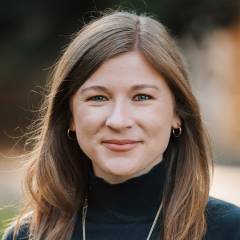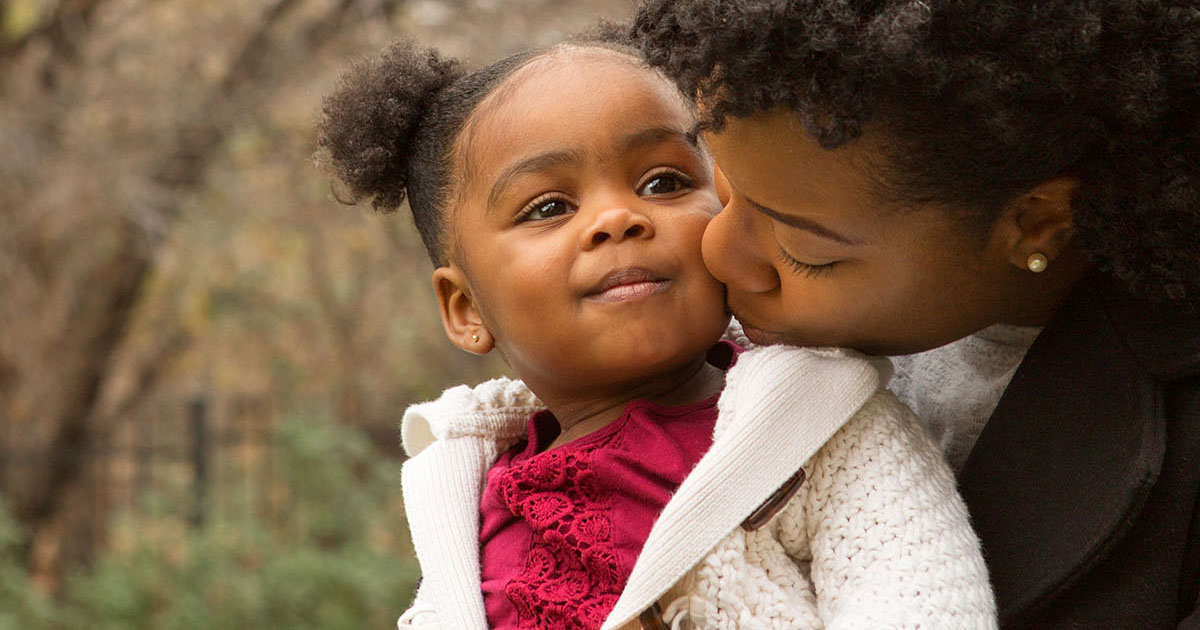Lauren Akers is an expert in early childhood programs and policies, particularly Maternal, Infant, and Early Childhood Home Visiting (MIECHV). She is a skilled facilitator and human-centered design practitioner specializing in iterative design and formative evaluation of interventions tailored to community needs.
Currently, Akers serves as co-principal investigator for the Home Visiting Evidence of Effectiveness (HomVEE) review, providing thought leadership on early childhood home visiting programs and policies to ensure reviews remain relevant, responsive, and accessible to the field. A HomVEE designation as an evidence-based model influences a model’s eligibility for Maternal, Infant, and Early Childhood Visiting funding.
Akers also serves as principal investigator for the Health Resources and Services Administration’s project titled Assessing and Describing Practice Transitions Among Evidence-Based Home Visiting Programs in Response to the COVID-19 Public Health Emergency. In this role, she guides work to (1) understand changes in early childhood home visiting practices that occurred in response to the COVID-19 public health emergency and (2) inform MIECHV research, policy, and program implementation. The project includes designing and conducting a series of rapid-cycle and iterative tests of promising implementation practice changes.
Akers is a reviewer for the Early Childhood Research Quarterly. She holds an M.P.P. from Duke University and a B.A. from Davidson College.


